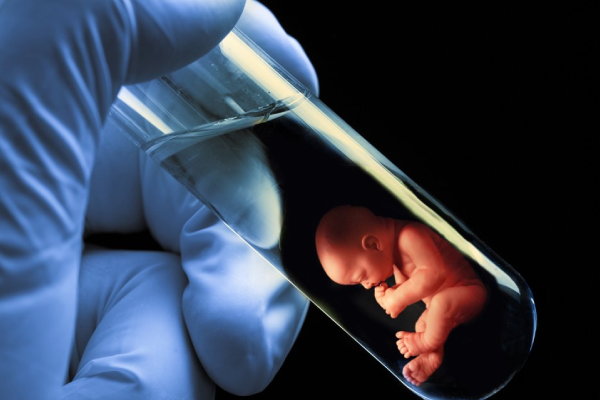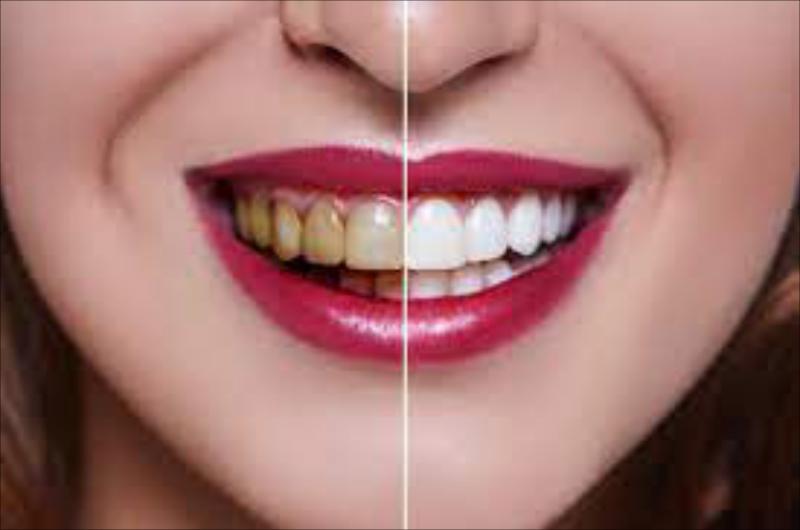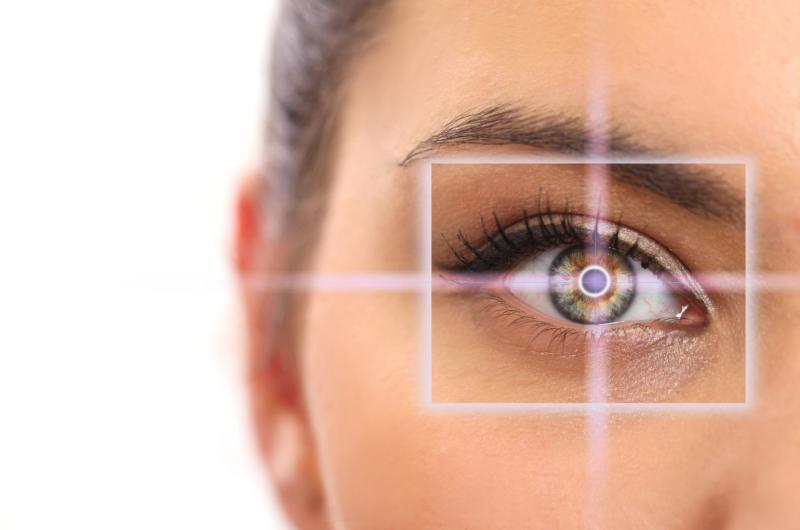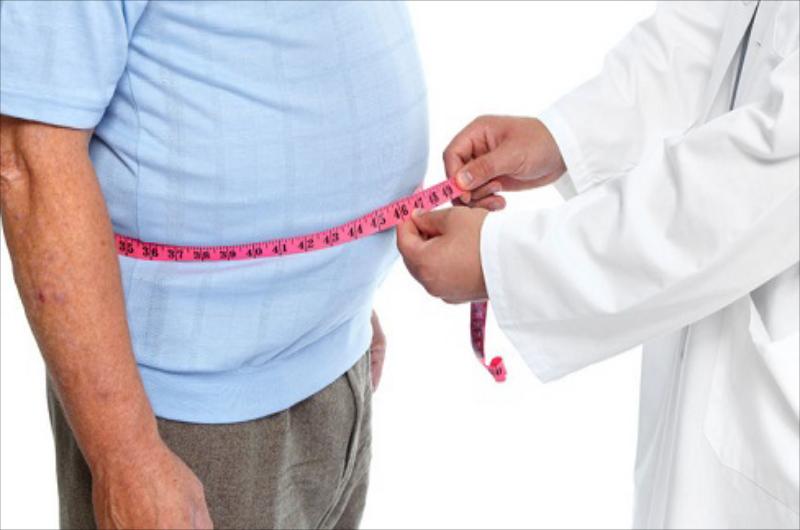About Treatment
IVF is a technique of the type of reproductive technology, in other words, artificial insemination. At the medical level, a woman’s egg is extracted for further fertilization with sperm. All this is done by test tubes (outside the body) and if the insemination has led to the emergence of an embryo, it is placed in a special incubator, where it begins to evolve. After a short time, most often a few days, the embryo is transferred to the inner space of the woman’s uterus.
Actually, the method of in vitro fertilization is used today at a wide level, thousands of families around the world have already managed to find happiness - they had children. Many are probably not in the know, but IVF itself appeared only at the end of the last century, and over the years that followed it was clearly improved.
How is IVF procedure done?
Before the procedure, at the preparation stage, both partners pass a number of necessary tests. After conducting them and assessing the health status of patients, the most optimal IVF method in this case is proposed. This may be a method of artificial insemination in natural or stimulated through hormone therapy cycles.
IVF using hormonal stimulation of the ovaries takes place in several stages:
- Stimulation of superovulation, when the ovaries produce not one or two eggs, as usual, but 8-10. To do this, on the 2-3rd day of the cycle, the application of hormonal drugs begins, which replace the natural hormone responsible for ovulation produced by the pituitary gland. This allows you to significantly increase the effectiveness of artificial insemination, selecting the most viable embryos from several options. Conception in the laboratory, therefore, occurs 8-10 times, instead of one. By the 12-13th day of therapy, the eggs mature enough so that they can be punctured directly in the follicle. 34-36 hours before the puncture is performed, hCG drugs are prescribed, which allow you to get more mature eggs.
- The second stage begins with a puncture of the egg follicles. This process takes place under short-term anesthesia. Then the eggs are removed from the membrane and placed in a nutrient solution. Simultaneously with this, sperm is taken.
- Embryological stage. From 8-10 eggs, embryologist selects fertile specimens. Man’s sperm is preliminarily prepared for artificial insemination, then it is placed in a nutrient medium for the eggs. After 18-20 hours, the result is visible: a certain number of fertilized eggs.
- Embryos are transferred to woman’s uterus. This usually occurs 2-5 days after follicle collection. Moreover, 2-3 most viable embryos are transfered in the uterus. The embryo transfer procedure is completely painless; it is carried out using a plastic catheter within a few minutes.
The first results can be assessed only 14 days after the procedure; for this, a pregnancy test and ultrasound are performed. If the result is positive and pregnancy occurs, doctor monitors the patient's condition. The fetus develops on the background of hormonal therapy. Cancellation of drugs will lead to termination of pregnancy.
If for some reason hormonal stimulation of the ovaries is impossible, or the patient does not want to do this, another option is possible - IVF in natural cycles. Its main difference is that in the process of artificial insemination only one embryo is obtained, or insemination does not occur at all. IVF in natural cycles is the least effective.
IVF is a high-tech method for the treatment of infertility, which involves the organization of high-tech laboratories and diagnostic methods, the use of modern unique medicines, devices, and the involvement of highly qualified specialists.
And, in conclusion, we would like to note that IVF is a method that requires a couple who wants to become parents, great patience, discipline, willingness to follow all the doctor’s instructions exactly and if for the first time this experiment is unsuccessful, next attempts will give a long-awaited result.
-
Required Tests
General examination, examination by a gynecologist;
Ultrasound examination of the uterus and ovaries;
Hysterosalpingography or Hysteroscopy;
Blood group, Rh factor, antibodies to HIV, RW, HbsAg;
General and biochemical blood tests, coagulogram;
Bacterioscopy of smear from the urethra and cervical canal;
Cytological examination of a smear from the cervix;
Therapist’s opinion.
-
IVF Stages
Superovulation induction
Follicular puncture
Ovum fertilization and embryo cultivation
The transfer of the embryo into the uterine cavity
Luteal phase support
Diagnosis of pregnancy
-
Success Factors
Age factor, younger than 40
Tobacco smoking reduces the chances of successful IVF and increases the risk of pregnancy
Tubectomy before IVF cycle increases the chances for patients with hydrosalpinx
Successfully delivered pregnancy before, increases the chance of having a baby in an IVF cycle
Autoimmune diseases can also play a role in reducing IVF success rates.
IVF procedure is indicated in all cases of infertility, when it is more effective than other treatment methods. In addition, it should be carried out in women with unsuccessful attempts to cure this pathology using other methods.
IVF is not performed in the following cases:
Severe internal and mental illness;
Change in the shape of the uterus, in which a pregnancy is impossible;
Neoplasms of the ovaries;
Endometrial hyperplastic processes;
Need for surgical treatment for benign uterine formation (for example, large fibroids);
Any malignant tumors, including those previously treated;
Acute inflammatory diseases.
A serious adverse effect is ovarian hyperstimulation syndrome. This syndrome complicates the induction of superovulation and is accompanied by the formation of numerous ovarian cysts, their edema, effusion in the abdominal cavity, impaired water-electrolyte balance, blood clotting and thromboembolic complications. Its frequency according to various sources is from 2 to 44%.
Individual intolerance and allergic reactions to drugs used during the procedure are possible. In rare cases, inflammatory processes develop in the uterus or ovaries.
From 2 to 6% of cases of in vitro fertilization end with the development of an ectopic pregnancy.
Multiple pregnancy with IVF develops in a third of cases. It can lead to miscarriage and premature birth.
OP. DR. FIRAT TÜLEK
BIRTH PLACE / DATE 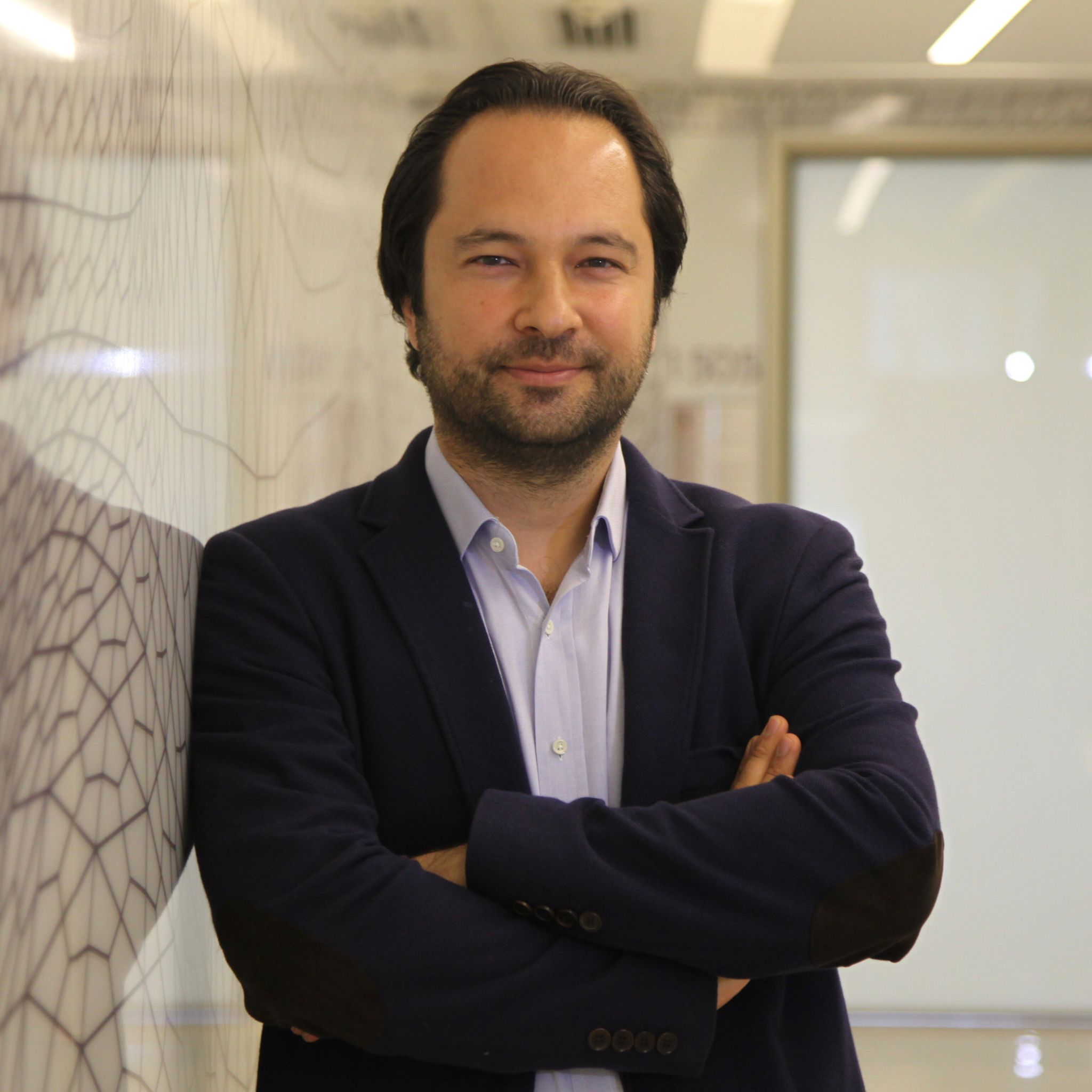
Nevsehir / Turkey /1981
EXPERIENCE
2016 - present, Istanbul/Turkey
MEMORIAL ATAŞEHİR HOSPITAL
Specialist of Obstetrics and Gynecology
EDUCATION
2008 - 2014, Ankara/Turkey
ANKARA UNIVERSITY FACULTY OF MEDICINE
Obstetrics and Gynecology Specialization Education
2000 - 2007, Ankara/Turkey
HACETTEPE UNIVERSITY FACULTY OF MEDICINE
Medical Training
SCIENTIFIC PUBLICATIONS
12 articles published in journals with international arbitration
16 articles published in journals with national arbitration
35 papers presented in international and national scientific meetings and published in proceedings books
Authorship of 2 chapters in published national books
Translation of 4 chapters in international books
PROFESSIONAL MEMBERSHIPS
Turkish Association of Maternal Fetal Medicine and Perinatology
Turkish Association of Gynecology and Obstetric
Turkish Association of Urogynecology and Pelvic Reconstructive Surgery
Turkish Medical Association
VOCATIONAL TRAININGS, COURSES AND CONFERENCES ATTENDED
Gynecologic Endoscopy Certificate, Ankara University Faculty of Medicine
Microsurgery Certificate
III. Gynecologic Microsurgery Course, Reproductive Medicine Association
Obstetric and Gynecologic Ultrasonography Certificate, Ankara University Faculty of Medicine
Gynecologic Laparoscopy Course, Acıbadem University
First level Obstetric and Gynecologic Ultrasonography Application Certificate
Fetal Anatomy Scanning Course Certificate
Ankara University Faculty of Medicine Colposcopy Certificate
Ankara University Obstetrics and Gynecology Specialization Training
Hacettepe University Medical Education

